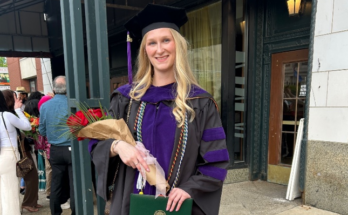
In Michigan, as a general rule, attorney’s fees are not recoverable unless “expressly allowed by statute, court rule, common-law
exception, or contract.” Agreements between parties may expressly provide that in the event of a dispute, the prevailing party would be automatically entitled to recover attorney’s fees. The award of attorney’s fees, however, is limited by the requirement that the attorney’s fees be reasonable in amount.
Michigan courts have set forth a six-factor test to determine the reasonableness of attorney’s fees. Those factors are: “(1) the professional standing and experience of the attorney, (2) the skill, time and labor involved; (3) the amount in question and the results achieved; (4) the difficulty of the case, (5) the expenses incurred, and (6) the nature and length of the professional relationship with the client.”
In M.D.G. Enterprises, Inc., v. Shaheen Enterprises, L.L.C., the Court of Appeals expanded upon a party’s contractual right to reasonable attorney’s fees. The Court of Appeals explained, that “when there are multiple attorneys involved in a case, the trial court must engage in a separate analysis for each attorney and, in determining the reasonable number of hours expended, may exclude excessive, redundant, or otherwise unnecessary hours.”
A hearing may be necessary to determine the amount of fees to be awarded. If t
here is a dispute regarding the “reasonableness of the hours billed, or the rate claimed by fee applicant, the party opposing is entitled to an evidentiary hearing to challenge the applicant’s evidence and to present any countervailing evidence.”
This opinion is consistent with the general policy of limiting the contractual right to attorney’s fees to a reasonable amount.
This article was written by Matt Ehrlich, Associate Attorney at Demorest Law Firm.



